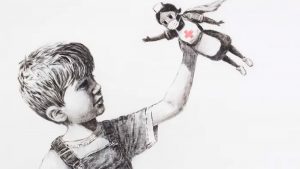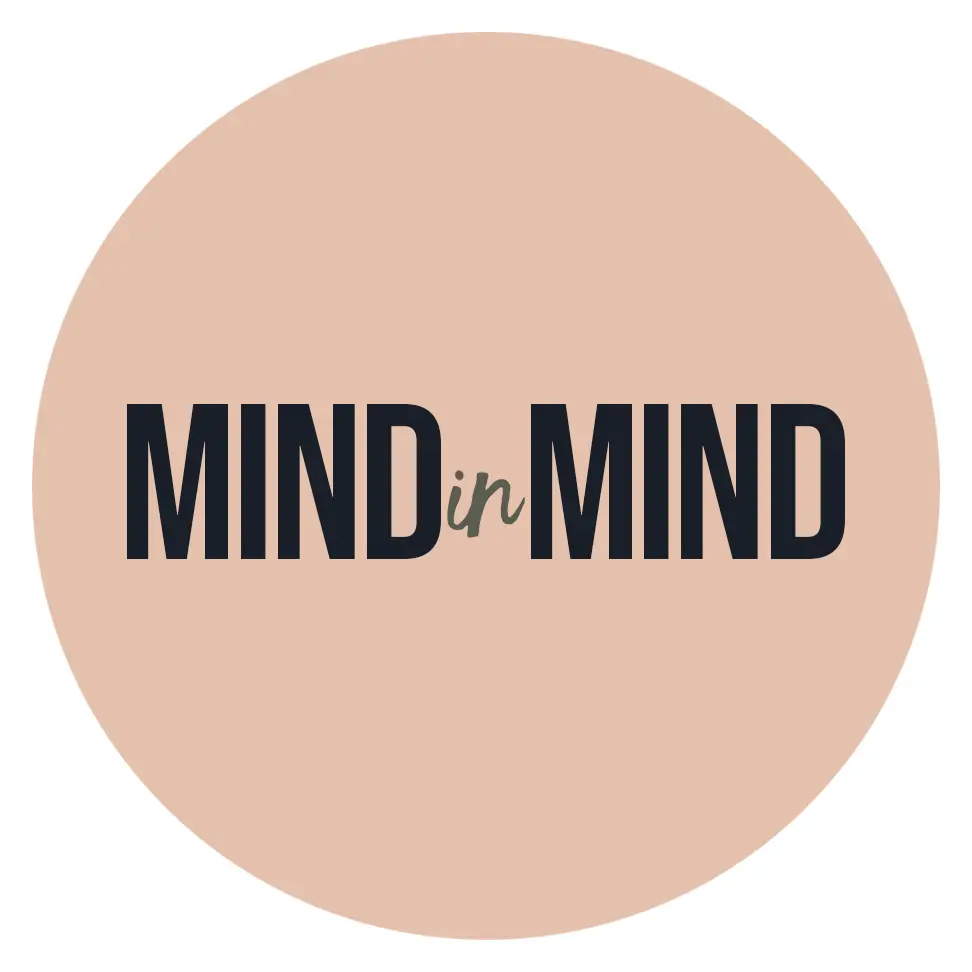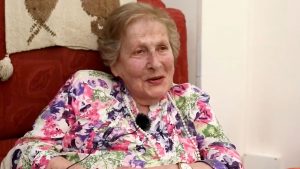
Why take therapy out of the clinic and into the heart of our marginalised communities?
Marginalised, stigmatised and excluded
“I had become part of a broken system.”
After struggling to find a way to support marginalised, stigmatised and excluded children, young people and families from within the mental health system, Child, Adolescent and Family Psychotherapist, Jay Perkins decided to do something different. He took his therapeutic work outside of clinics and with the help of communities formed Partisan; they partner with communities to understand the local mental health challenges, with the aim of developing, embedding and sustaining trauma-informed approaches which meet the often specific and complex needs.
Early in my career I found myself working in two parallel worlds: clinics and communities. Despite the clinic being in a multicultural London borough, we weren’t seeing the young people I was meeting in the community, namely Black young people, and particularly those who had been affected by violence and exploitation. It was at this time I realised the disconnect between services being offered and the needs of our diverse communities. It was clear a more inclusive system that is proactive in helping those who need it the most was needed.
Through spending more time with our communities, looking at my own experiences as a person of colour, and meeting some amazing practitioners along the way, I came to some insights. Firstly, that as mental health professionals it’s time we stop labelling these communities as ‘hard to reach’ and start seeing ourselves as the ones who are inaccessible. Through developing a deeper understanding of the negative experiences our communities repeatedly endure from the current system, I saw just how inaccessible support was for them.
I had become a part of a broken system; something that did not sit well with me at all
I saw children, young people and families engaging with support, but they weren’t coming through our clinic door. Communities[JO1] [JP2] have developed their own solutions to compensate for us not meeting their needs. I could see people attending community spaces, working with grassroots organisations and receiving peer-to-peer support for their wellbeing. These solutions are delivered by key members of the community who are highly skilled at engaging and supporting people, but they are often left unsupported and under-resourced themselves.
It soon became clear to me how difficult it is to advocate for the systemic change required to address these problems within the current framework. I realised that by doing what had always been done in clinics I had become a part of a broken system; something that did not sit well with me at all. The only solution was to work closer with our communities, to listen and learn about how the mental health system could work better for them, and to start putting some of that learning in to practice. With this Partisan was born.
Evidence shows that not enough children receive mental health and wellbeing support, and those that do are often stuck on long waiting lists that leave them feeling disenfranchised by the system[1]. The coronavirus pandemic has highlighted structural and systemic discrimination to a level that, as a nation, we can no longer ignore. Children and young people from low-income families are four times more likely to experience mental health issues than those from higher-income families[2].
Black and Minority Ethnic groups (particularly Black people) are more likely to be detained under the Mental Health Act[3] and are massively overrepresented in the criminal justice system, which also fails to meet mental health needs and often leaves young people struggling more than they were before[4]. The field of mental health is still elitist; training and treating the privileged, with Eurocentric perspectives that often don’t match our modern, multi-cultural communities.

Relationships are central to this work
‘Collaboration is key to our process’
Communities have taught us that traditional mental health services meet the needs of some people but are often not flexible enough to meet the specific and complex needs of those who are marginalised, stigmatised and excluded. Children and young people need to be met where they’re at by services[5] and there are some psychologically informed organisations that we see doing this well such as Owls; who innovate and work in highly flexible ways, adding value to the world by working with others. MAC-UK who are best known for their ‘INTEGRATE’ model, and who support teams to take what works in the clinic out onto the streets. The Anna Freud Centre through their ‘AMBIT’ model use a whole-team approach to support mental health professionals to develop systems of care adapted to their own context, and to what is experienced as helpful by their clients. They have all inspired us and helped us grow.
Collaboration is key to our process. We believe communities know best where the difficulties lie, and it is our job to support them. We recognise that lots of great work is already happening in communities, so we partner with them. We are a diverse, culturally competent, forward thinking collective of experienced Psychotherapists, and Clinical and Community Psychologists, who believe communities have the answers. Our model is to partner, develop, embed and sustain trauma-informed approaches and systems change alongside communities. Relationships are central to all of this work[1], but our approach is different to traditional mental health services; we work alongside key members of the community who hold existing relationships with the children, young people and families we want to reach.
We should be reactive, responsive, review and adapt
Although our model stays the same, each communities needs are different
We listen to the needs of communities, before helping them to innovate and adapt the way mental health services are delivered in their area. We have partnered with and/ or learnt a lot from some amazing grassroots organisations and key members of the community such as Juvenis, Divert, St Matthews Project, Brixton Street Gym, St John’s Waterloo, New Beginnings, Brixton Soup Kitchen, and Oasis Hub Waterloo. Go check them out! What we develop alongside communities is very much led by what we learn. It could be that we are best placed supporting frontline workers through clinical support, we may find we are most helpful co-working cases with key members of the community, or perhaps we may use our expertise to help support existing mental health services to become more flexible and accessible. These are some of the areas where we’ve been most helpful, but it may be that we don’t do any of this, because it’s community led and although our model stays the same, each communities needs are different. We are only small, which means we can be reactive and responsive; reviewing and adapting, testing and learning, and evolving at a pace which matches the needs and risks of communities.

We need to start listening to our communities
Communities own any models and ways of working that we co-produce, and we stand alongside them in thinking about systems change at all levels, to ensure that whatever we develop and embed together is sustainable. We look to amplify the voices of others, rather than our own.
Our vision at Partisan is simple: a more connected, just and equal world, where mental health and wellbeing support is accessible for everyone. This means developing solutions that are tailored to meet the complex, specific and localised needs of each community. We make this vision a reality by partnering with communities to understand their local challenges and developing sustainable trauma-informed approaches and systems fit for that community.
Our hope is that Partisan will not need to exist in the future, that we will put ourselves out of business by making our vision a reality.
To do this we need to continue having these conversations and taking action around mental health inequalities, but most importantly we need to listen more to the communities that are most impacted, because they have the answers.
View more in-depth thinking from our guest bloggers on our Thought Pieces page.



